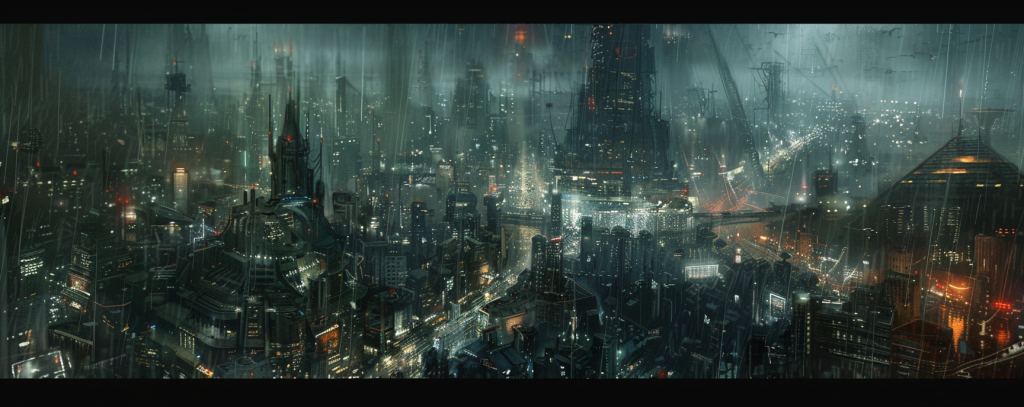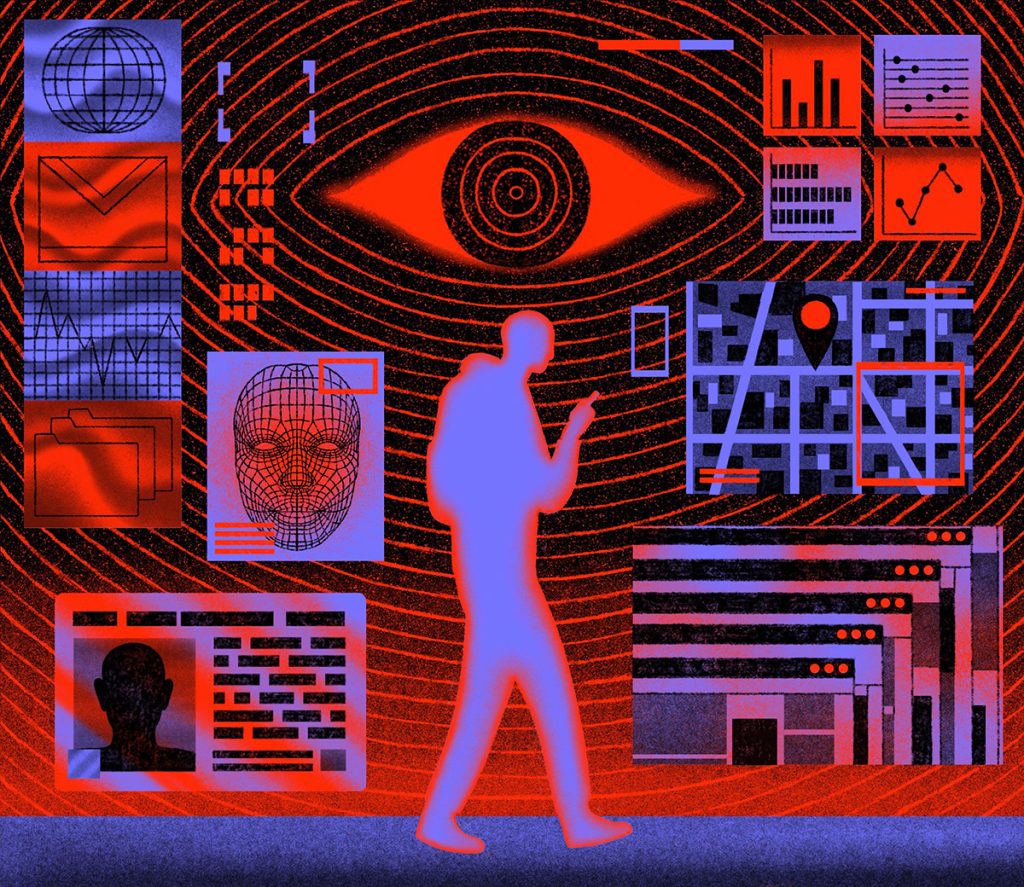
There are many corporations in today’s world. Apple, Coca-Cola, and H-E-B are all examples of corporations. Are these corporations heading in the direction predicted by cyberpunk narratives? I would say the answer is yes. Let’s take the pill funders from Machinehood for example. These pill funders fund pills that people take every day. The pill funders claim these pills are necessary to take every day in order for humans to stand a chance against advanced technology. These pills are personalized to fit everyone’s needs. I think it is possible for corporations in today’s world to be heading in this direction. There are still many people in today’s world who are afraid of artificial intelligence. I think it would be likely that people would feel the need to take the daily pills to compete with artificial intelligence, especially since many still fear it. There are already millions of Americans who take daily vitamins. If corporations push the concept of daily pills as a way to take care of one’s health and combat against artificial intelligence, I think many people will go for it. Especially, if it becomes necessary like it is in Machinehood. In an advanced technological society, a direction we moving in, daily pills become a sort of necessity. Humans feel the need to be the best at everything, so it is likely they will take pills to surpass typical human capabilities in order to compete with artificial intelligence. There are already some similarities between this society and Machinehood’s society. For example, people in Machinehood have personal artificial intelligence, or agents, tell them about their personal health. While we do not have personal artificial intelligence telling us about our personal health, we do have things like apple watches, fitbits, or oura rings. All of these tell us different things about our personal health like the personal artificial intelligence do in Machinehood. I think the cyberpunk narrative from Machinehood is a realistic prediction of our future.
References:
Divya, S. B. (2022). Machinehood. Saga Press.






